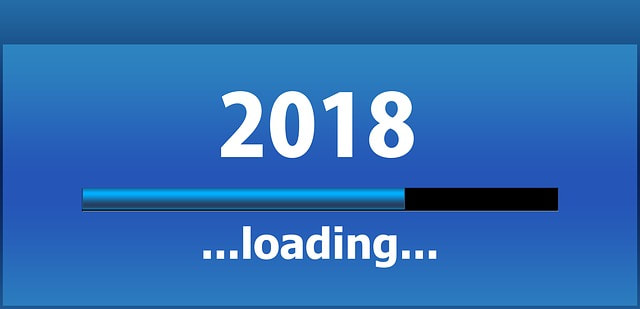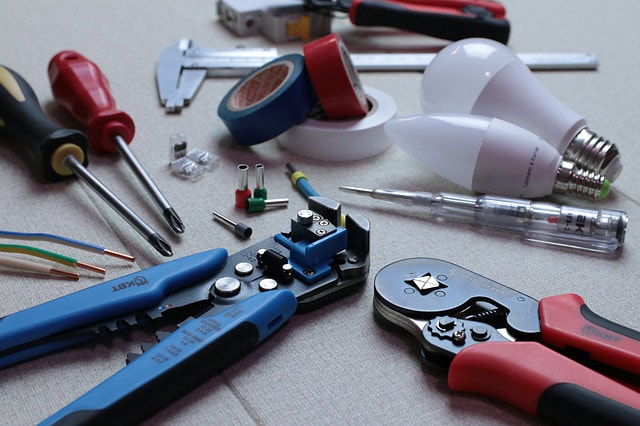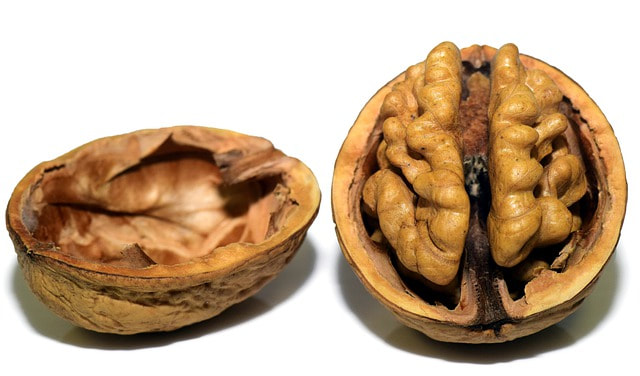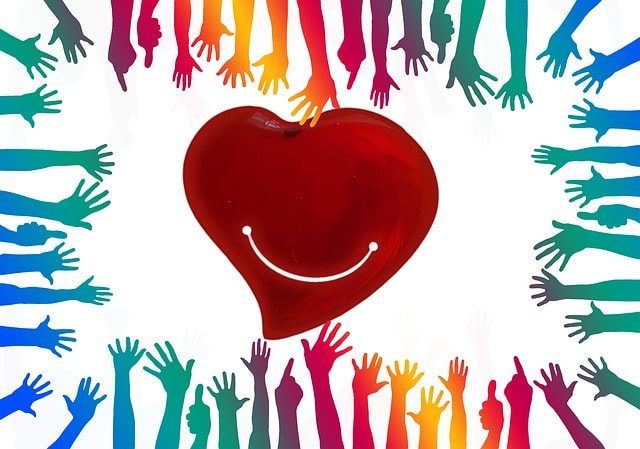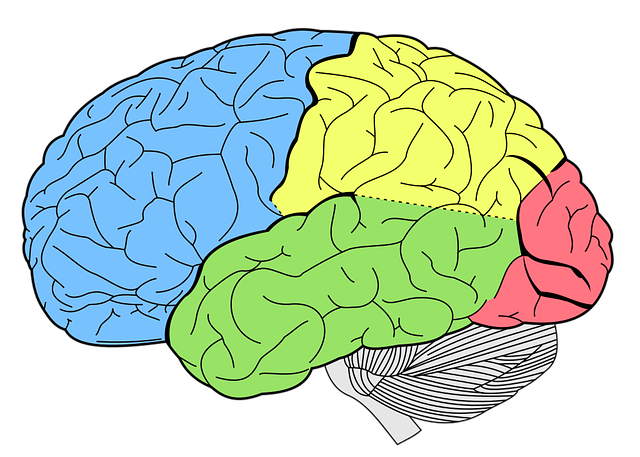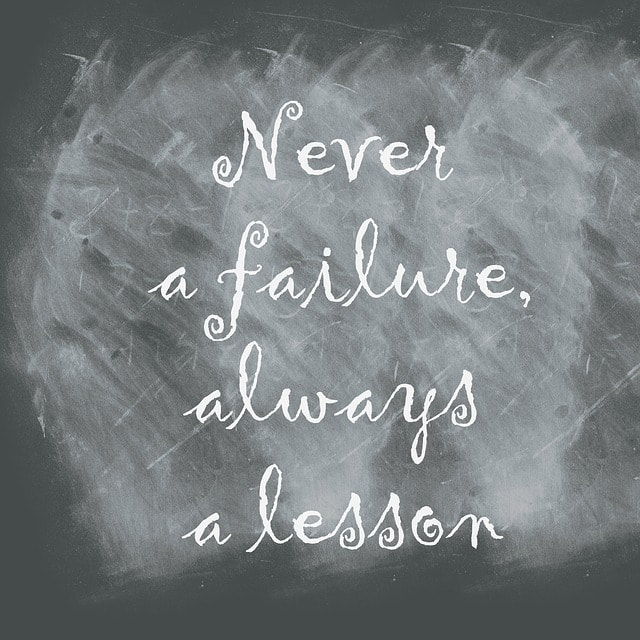- Eat healthier
- Stop smoking
- Exercise regularly
- Limit alcohol
- Get down (or up) to a healthy body mass index...you'll reduce cancer risks and feel oh so much better!
Now, my "take" on this is, if you "subtract" instead of "adding", you're still doing good work. For example, if you
- Reduce drinking
- Reduce smoking
- Reduce the amount of fast food you're eating
- Take a 20-minute walk once a week
- Lose 2 pounds...over the course of the next month, it's a super great start. You'll be motivated by your success.
The #1 New Year's resolution focuses on staying fit and losing weight. About 40% of us who make resolutions want to lose weight and be healthier. About 25% of us want to save more and spend less.
So, how is it that we make promises to change our lives at this time of the year? It's tradition. And, why do we fail so often? Why am I talking to you about this now? I've got answers...
The ancient Romans began their year by making promises to their god, Janus, from which we get the name January.
Half of the American people make New Year's resolutions. By January, 15th, 71% have maintained their goals and by the 30th, 64% are still working toward them. We lose steam mid-year because, by June, only 48% of us have kept our resolutions.
The truth is that only 8% of people's resolutions lead to permanent change because of "human nature". Those in their twenties are more successful than those in their fifties in keeping their resolutions. What are the "make or break" factors?
Where do we go wrong in achieving our goals? It's not that we're lazy and have no willpower. It is the case that we don't understand ourselves. Uh oh.
Here are the "traps":
Number 1.
Problem: We get derailed by small failures and give up.
Solution: Forget about perfection. It's unattainable. Be willing to start over as many times as necessary. Starting over means that you're determined and not a failure. It's a good thing. Every time you start over, you'll learn a little more about yourself, you'll know what to expect and you'll get a bit closer to your goal.
Number 2.
Problem: We want to do too much at a time.
Solution: Break the goal down to "teeny tiny bites". Yep, there will be a "lot of bites", but it will feel good to check them off! So, you had a Big Mac for lunch, but you didn't stop to get the Venti Mocha Frappuccino! Nice job!
Consider how you eat a plate of spaghetti. You don't hold the full plate up to your mouth and shove it all in. You eat reasonably-sized bites, one at a time.
Number 3:
Problem: It took time to develop these habits.
Solution: It'll take time to "un-learn" them. How long did it take you to develop the habit of stopping for that expensive, calorie-laden and oh so delicious fancy coffee every morning? Two months, you say? It'll take you about 21 days to stop. It takes about 3 weeks to change your behavior.
Number 4:
Problem: You don't know who you are. Most of us don't. You know you "shouldn't" be lusting after your neighbor, but you still do. You enjoy it. You know you "shouldn't" buy those expensive shoes, but you do anyway, because you enjoy it. The brain says, "If it feels good, do it. If it feels really good, do it more".
If you have a Nordstrom's credit card, you'll use it. They'll send you emails and mailers and you'll see something you "need" and you'll have to have it. It's so easy to fall into the trap of "spending money to save money".
Solution: Identify those activities that cause your brain to dump oxytocin and dopamine (pleasure and reward) and find less expensive alternatives.
Lying to yourself is called the "false hope syndrome". If your resolution is unrealistic, it might be out of alignment with what you can achieve because you know you're not gonna give up your "stuff".
Be realistic. Be honest with who you are. Be flexible about changing your goals or starting over every day (that's what the dawn is for...a chance to start over!) and forgive yourself when you fall short of your goals. You only lose when you quit.
Number 5:
Problem: If you change some aspect of yourself, you whole life will change.
Solution: Your whole life won't change. Get real about expectations. However, there will be a "tipping point" where you'll start making healthy decisions more consistently. You'll feel better. You'll function at a higher level socially and at work. You'll feel more competent and capable.
This higher level of self-esteem will impact your mood positively and other successful people will be attracted to you. THEN, your whole life will feel changed. Ta-da!
Tool #1:
Choose one goal that is very, very small and specific and establish a time frame...not a specific time, but a time frame. These "small corrections" are to be practiced intensely in order to lead to lasting change.
In the movie, Six Days, Seven Nights, the characters played by Harrison Ford and Anne Heche crash landed on an island, encountered some nasty pirates and in their escape, Harrison was injured and before he lapsed into unconsciousness, he warned Anne not to grab the yoke of their repaired plane. He told her to make "small corrections". Ah, life. a series of small corrections, practiced intensely get us to our destination.
Any behavior can be rewarded. We know it's rewarded when we feel the adrenaline rush and feel excited or the oxytocin dump and we feel warm and loving.
All behavior is meaningful, purposeful and interpretable. It all "means something". All of it has a purpose or we wouldn't do it. Even when you do something mindless, it's not mindless at all. You know what you're doing. And, it's interpretable, but perhaps not obvious. We can understand what you're doing if our questions were answered.
My friend was intensely addicted to cigarettes. More than 70 a day. Wickedly intelligent, fierce and beautiful, she tried everything to stop. At that time, there were no Chantix medication, Nicorette gum and certainly less understanding of how brains get addicted than we know today. She was miserable and felt out of control. I explained that she trained her body and now, she had to "untrain" it.
I asked her to take a month and count the number of cigarettes she smoked every day without trying to hold back. Turns out, the most cigarettes she smoked in a day was 75. The next month, I asked her to smoke 74 cigarettes a day. Even when she didn't want to smoke that many. The following month, she smoked 73 each day and so on. After 4 years, she was down to 15-ish a day and reduced each day by 2 because she was "sick of it". She hated smoking. She started to go full days without even thinking about smoking although she had full permission "from the plan" to smoke. She remains smoke free to this day...probably 20 years now. See what I mean?
Use your brain. Seriously, talk to yourself differently, but first, pay attention to your "self-talk/inner speech" now.
Do you say to yourself, "I can't have that cookie. I'm on a diet"? Oh yes, you do. If you change the speech to "I choose not to have that cookie. It's not healthy for me", it shifts the power from your diet to you. You won't win if your diet is the "boss of you". You be the "boss of you".
When you think differently, you create new pathways by changing the sequence of the way the brain cells fire. Very cool. You can see that you "get good at what you practice". Practice makes perfect, makes a habit and makes changes.
And, by the way, treat yourself to the cookie.. Be balanced. Have the cookie because you want it, not because you need it out of some stressed out carb craving mania. If you take it all away, you'll lose it for sure.
Reboot...give yourself permission to start over as many times as necessary. Slip up? Big deal. The next sound you hear in your head should be, "Next!"
Every time the sun comes up, it's a chance to start over. All over. Starting every day is another opportunity to just start over. Every time you start over, you may not see it, but you may progress because you have intent. You have "eyes on the prize".
Starting over helps you to build tolerance and develop coping skills. If you can tolerate failure, you won't spend a lot of time wallowing in disappointment and you can spend your emotional energy toward progress.
When I would evaluate children and teens and yes, even adults, they'd get bored/frustrated/fed up with working on, for example, a subtest (part of a full test) and I'd ask them if they wanted to bail out and do something else.
The brain gets refreshed when it shifts gears. Take your reboot as a "refresh", just like on your computer. A new screen will come up after your refresh; a new opportunity will come up for you, too.
Celebrate the success! And no, you don't have to wait until you've achieved the entire goal. Bo-ring...and hard to do.
Celebrate the progress even if it's just a change in your mindset, you know, like how you talk to yourself about that cookie!
When you celebrate your success, you dump dopamine and you will not only feel better, but your motivation will increase. Dopamine is part of the brain's reward system and one of its roles is to enhance motivation.
Focus on the present. Think about the one thing you can do or think right now that will help you to make progress.
The past is over. You ate the cookie. Focus on now. At least you're not eating 6 cookies! Praise yourself for the things you've done right.
Get support. Perhaps from a friend, or family member of a therapist. Maybe even just from yourself (my style). Make a record by journaling what you've done, how you feel, notes, pictures of your goal...whatever.
I think there could be danger in getting a friend or family member to support you if things don't end up the way you want. Just sayin'...
Get acquainted with your brain. See that blue area? That's the frontal lobe. See the area at the left side where it's rounded? That's the area behind your forehead. It's call the prefrontal cortex (PFC) and it's in charge.
It's the orchestra leader, the train conductor, the Boss. This is where executive functioning skills come from. This area is responsible for organizing, planning, emotional control, shifting gears both cognitively and behaviorally, monitoring your behavior, sequencing, using reasoning and making decisions. And, it has a big role in WILLPOWER!
So, when you make a New Year's resolution, you are using this part of your brain to both determine a goal and set it into motion.
Know this...when you're cognitively overloaded (have too much to think about), your willpower will decline and you'll eat the cookie.
An interesting study was done using college students. Students had to remember either 7 or 4 numbers and after recalling them, chose to snack on chocolate cake or fruit. You know where this is going, right? The kids who had to remember 7 numbers went for the cake. Those who had 4 digits, went for the fruit.
The moral of the story? When you're overloaded, you're going for the fat and sugar. Be aware of this and tell your brain what to do, don't let it control you!
Make habits, not resolutions. Take your efforts to the end by creating habits. Resolutions are "habits in progress". And yes, "pinky swears" work, so do it. Ha!
Calling your goals what they are will help you form your intent.
Promotional motivation and preventional motivation.
When you start out on a goal or task, you experience "promotional motivation" as you are "promoting" your goal.
When you near the halfway point, fear of failure kicks in and then, you experience "preventional motivation" as you seek to "prevent" failure.
Recognize what type of motivation you're experiencing and set yourself on the right track to achieve your goal.
You might want to "swap" out a health- or behaviorally-related goal for a project.
Want to clean out the garage? Then, make a plan, determine how long it will take (it will take twice as long as you think), order gobs of pizza and stick the kids in front of some suitable entertainment and have at it. Consider hiring a baby sitter to supervise so you don't get the "Mom, Mom, Mom, Mom..."
Once you feel competent and get a resurgence of energy and sense of control over your life, you'll be a force!
Here are two articles that are entertaining as well as informative. They give you ideas as to how to achieve the "better you".
- 50 Healthy Resolutions That Aren't Losing Weight
- Dr. Keith Ablow: Here are 18 ways to improve your life in 2018
Here's a giggle. Every year in England, several million people (this year, it was 3.1 million) pledge not to drink alcohol during the month of January. However, according to the delivery firm, Deliveroo, every year, on January 17 at 7:36 p.m., the orders for booze flow in (no pun intended!). What in the world? This has been going on for years!
Two-thirds of those who pledged make it through to the end of the month!
Claudia
Join me on Facebook at Dr. Claudia McCulloch
At drclaudia.net, click on the "Ask Me" button and send me a question.

